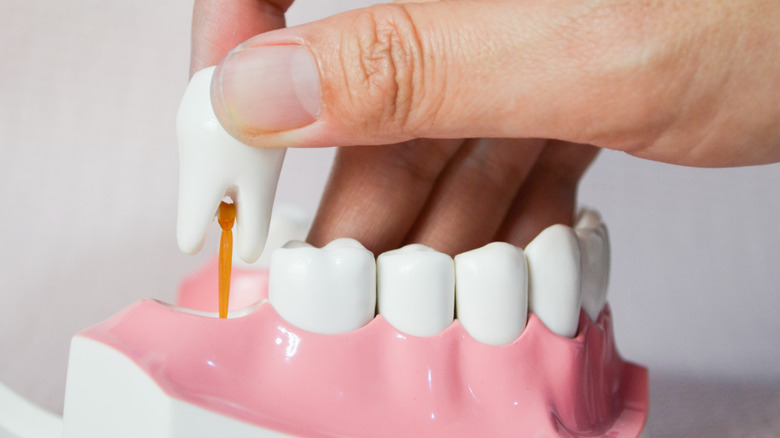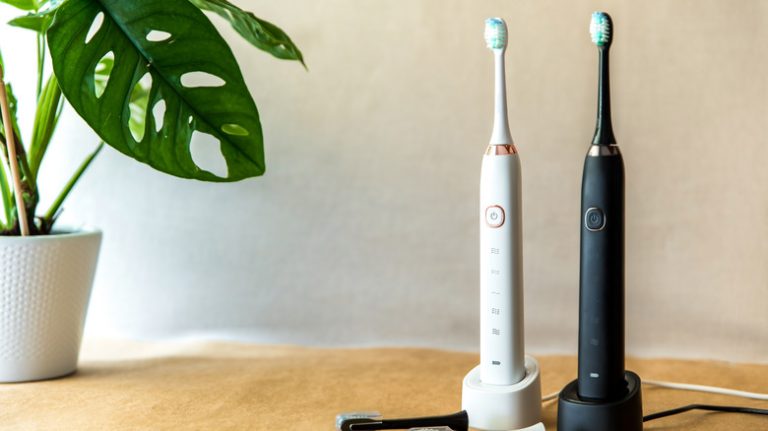Wisdom teeth are the third set of molars in the back of your mouth, according to the Cleveland Clinic. The four teeth are located in the upper and lower jaws and typically emerge between the ages of 17 and 21. Wisdom teeth were once used by our ancestors to chew and grind down tough foods, like uncooked meat, hard nuts, and crunchy leaves.
Now that we cook meat before eating it and use utensils to cut up our food into bite-sized pieces, however, they have largely outgrown their usefulness. As a result, wisdom teeth are now referred to as vestigial structures or parts of the body that no longer serve a purpose. While most people have all four wisdom teeth, between 5% to 37% of the population has less or sometimes none at all. When they do erupt, however, they typically don’t cause any problems. In fact, wisdom teeth only need to be removed if they grow in at an angle or become impacted.
Wisdom teeth removal is a quick and simple procedure

If your wisdom teeth are causing you problems, your dentist will most likely recommend getting them removed. According to WebMD, wisdom teeth removal is a procedure performed by an oral surgeon that involves extracting the affected teeth while under local or general anesthesia. In some cases, the surgeon may need to slightly cut your gums in order to properly extract the teeth. As a result, they will stitch up your gums with dissolvable stitches so the wound heals quickly. Typically, however, wisdom teeth removals are quick and simple, taking around 45 minutes or less.
After the surgery, you can expect to feel some mild discomfort, accompanied by swelling and bleeding of the gums. These symptoms can last up to three days after the procedure. You can use an ice pack on your face to reduce swelling and practice gently opening and closing your mouth in order to help exercise your jaw. While you’re recovering, make sure to drink plenty of water and stick to soft and mushy foods, like soup and pasta. You should also avoid smoking, using a straw, or eating hard and crunchy foods until your mouth is fully healed.

